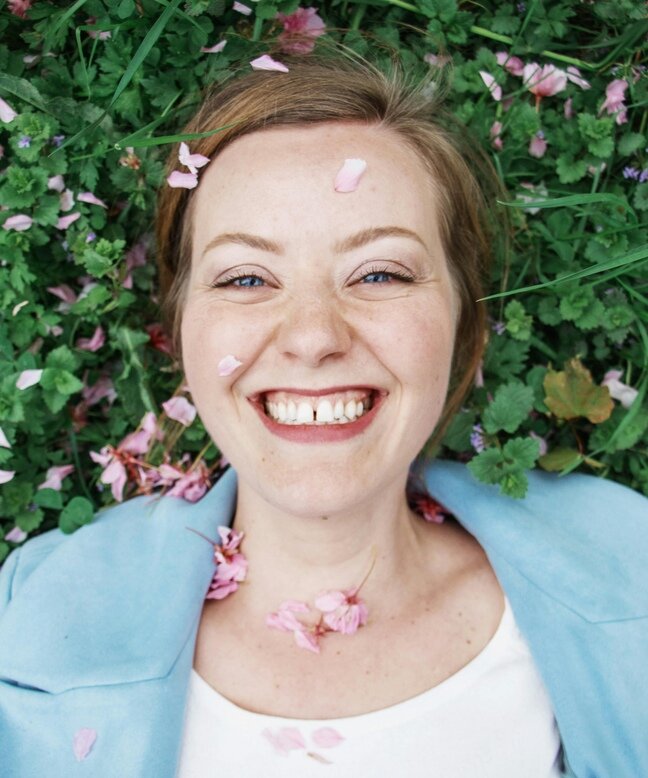Hay Fever & Allergies
General Health
At SwiftMedi, we know how disruptive hayfever and allergies can be — from constant sneezing and itchy eyes to that heavy, blocked-up feeling. The good news is, relief is possible. Our trusted treatments are designed to ease symptoms quickly and help you get back to enjoying your day without discomfort.

Frequently Asked Questions
What is hay fever and why does it happen?
What are the most common symptoms of hay fever?
What is the difference between hay fever and other allergies?
What treatments help hay fever symptoms most effectively?
Effective treatments include antihistamines, steroid nasal sprays, eye drops and decongestants. Many people use a combination depending on symptoms. Regular daily treatment during pollen season usually gives better control than taking medicines only when symptoms flare.
When should I see a doctor about hay fever symptoms?
See a doctor if symptoms are severe, affecting sleep, causing sinus pain, triggering asthma or not improving with pharmacy treatments. It’s also important to get checked if symptoms appear outside pollen seasons, as other allergies may be involved.
Can hay fever trigger asthma or breathing problems?
How quickly do antihistamines start working for hay fever?
Most antihistamines start working within one to two hours, while some fast-acting options work within 30 minutes. They work best when taken daily during pollen season rather than only when symptoms appear.
Which antihistamine is best: cetirizine, loratadine or fexofenadine?
Cetirizine and loratadine are effective for most people and usually cause less drowsiness than older antihistamines. Fexofenadine is stronger and helpful when symptoms are more persistent. The best choice depends on how quickly you need relief and how severe your allergy is.
Can I use nasal sprays and antihistamines together?
Yes. Many people benefit from using both, especially when symptoms affect the nose and eyes. Steroid nasal sprays reduce inflammation while antihistamines block allergic reactions. This combination offers stronger relief during peak pollen seasons.
Why do my hay fever symptoms feel worse at certain times of day?
Can hay fever cause headaches, fatigue or brain fog?
Yes. Congestion, poor sleep and constant inflammation can lead to headaches and tiredness. Many people also report difficulty concentrating during peak pollen days. Managing nasal symptoms well usually improves energy levels.
What lifestyle changes help reduce hay fever flare-ups?
Helpful steps to reduce hay fever flare-ups include keeping windows closed on high-pollen days, showering after being outdoors, using pollen filters in cars, and wearing wrap-around sunglasses. Checking pollen forecasts can help you plan around peak times.
Can hay fever develop suddenly in adulthood?
Are hay fever medicines safe long term?
Yes. Most antihistamines, nasal sprays and eye drops are safe for regular seasonal use. Some people take them for months each year without issues. Speak to a clinician if symptoms require constant high-dose treatment.
Can I take hay fever treatments with other allergy medicines?
Many can be used together, such as antihistamines with nasal sprays. However, doubling up on antihistamines or taking certain decongestants may not be safe. A clinician can advise on the best combination for your symptoms.
If you have any questions, concerns, or need advice, our team is always available to help, just as you'd expect from your local pharmacy.